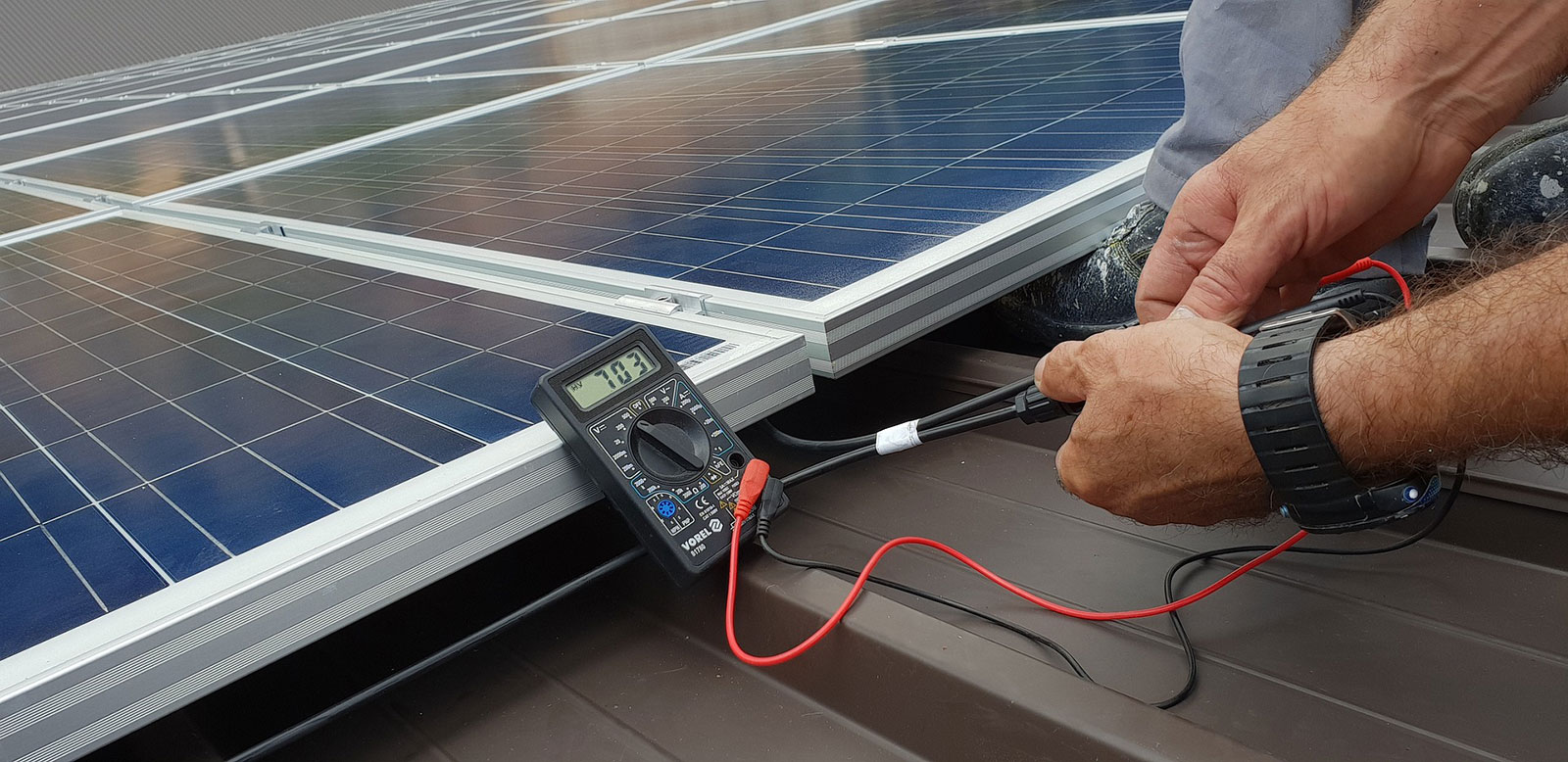In the world of solar energy, there's an unexpected guest that can cause quite a stir: Pigeons.

As solar panels become more popular, pigeon-proofing solar panels has become a topic of increasing importance for homeowners and businesses alike.
The warmth, safety, and shelter that solar panels provide pigeons make them an attractive nesting spot. But unfortunately, this isn't just a minor inconvenience.
Pigeon infestations can lead to significant financial and health implications, from damaged panels to reduced efficiency, and potential health hazards. Let’s dive deep into why pigeons are drawn to solar panels and explore a range of effective methods and solutions for solar panel pigeon proofing.
Why Do Pigeons Go on Solar Panels?
If you want to tackle the issue at hand, you’ll need to know what draws pigeons to solar panels in the first place. The primary reasons boil down to warmth, safety, and the structural design of the panels themselves.
Attraction to Warmth
Solar panels generate a significant amount of heat, especially during the colder months. This warmth is a major draw for pigeons seeking a cozy spot to roost. The panels provide a comfortable and protected environment, shielded from predators and harsh weather conditions.
Perching and Roosting
The structure of solar panels offers an ideal platform for pigeons to perch and roost. The edges and undersides of the panels provide a perfect vantage point for these birds to survey their surroundings. But unfortunately, this behavior comes with its own set of problems.
The accumulation of pigeon droppings and debris can lead to unsightly messes and potential damage to the panels.
Nesting Behavior
Underneath the solar panels lies a sheltered area that pigeons find irresistible for building their nests. This protected space shields them from the elements and predators, making it a good spot for raising their young. However, the presence of nests can pose significant challenges, from the difficulty of removal to the prevention of re-nesting.
Problems Caused by Pigeons on Solar Panels
While pigeons may seem harmless at first glance, their presence on solar panels can lead to a multitude of issues.
From physical damage to health risks, the impact of these birds on your solar investment can be significant. Let's explore the various problems caused by pigeons on solar panels and understand the importance of addressing this issue promptly by pigeon proofing solar panels.
Damage to Panels
Pigeons can cause considerable damage to solar panels in several ways. Their sharp claws can scratch and peck at the surface, leading to visible wear and tear. Additionally, the accumulation of droppings can corrode the panel's materials, affecting its longevity and appearance.
This type of damage is unsightly and can lead to costly repairs and replacements. In some cases, the extent of the damage may even require a complete overhaul of your solar panel system.
Efficiency Loss
Probably the most significant impacts of pigeons on solar panels is the loss of efficiency.
Pigeon droppings and nesting materials can obstruct sunlight, preventing the panels from absorbing the maximum amount of solar energy. This reduction in efficiency can directly affect your energy production and cost savings.
Health and Safety Concerns
Beyond the physical damage and efficiency loss, pigeons in general pose health and safety concerns. Their droppings are known to carry a variety of diseases and parasites, which can pose a risk to humans. Moreover, the accumulation of nesting materials and debris can create fire hazards, especially during dry seasons. Ensuring the cleanliness and safety of your solar panel installation is crucial to prevent these potential health and safety issues.
Pigeon-Proofing Solar Panels: What You Need to Know
Protecting your solar panels from pigeons is essential to ensuring their longevity and efficiency. Fortunately, there are various methods and products available to pigeon-proof your solar panels.
It's important to choose solutions for solar panels pigeon-proofing that are not only effective but also humane, as the goal is to deter the pigeons without causing them harm.
Here are some of the most effective strategies for keeping pigeons at bay:
Create Physical Barriers
One of the most reliable ways to pigeon proofing solar panels is through the use of physical barriers. Mesh screening is the preferred barrier, as spikes and bird netting promote nesting. Even the mesh screening must be installed at a steep angle to avoid creating another nesting ledge. Avoiding 90-degree angles is crucial. When installing these barriers, ensure that they are securely attached and cover the entire area around the panels.
Regular maintenance is also crucial; check for any gaps or damage that pigeons could exploit.
Include Visual Deterrents
Visual deterrents, such as decoy predators, like fake owls or hawks are minimally effective at best.
Maintaining Surroundings
The environment surrounding your solar panels plays a significant role in attracting or deterring pigeons. Keeping the area clean and free of food sources is essential. Regularly trim trees and bushes that provide nesting spots near the panels.
Removing debris and sealing off potential nesting sites can also reduce the likelihood of pigeons settling in the area.
Frequently Asked Questions
How much does it cost to pigeon-proof solar panels?
The cost of pigeon-proofing solar panels can vary depending on the size of your solar panel system, the type of deterrents or barriers used, the height of the roof access, and the complexity of the installation.
On average, homeowners can expect to spend anywhere from $3000 to $5,000 for professional pigeon-proofing services. This price range includes the installation of a mesh barrier. It's important to get a quote from a reputable bird control provider who can assess your specific needs and recommend the most effective solutions for your situation.
What is legal vs. illegal for pigeon-proofing in Canada?
In Canada, it's important to adhere to wildlife protection laws when pigeon-proofing solar panels. It is legal to use non-lethal methods such as physical barriers like mesh and environmental modifications (trimming trees, removing food and water sources).
However, it is illegal to harm or kill pigeons using poisons and avicides. Always check local regulations and consider consulting with a professional to ensure that your pigeon-proofing strategies are humane and comply with Canadian wildlife protection laws.
What happens if pigeons keep coming back to my solar panels?
If pigeons continue to return to your solar panels despite your pigeon-proofing efforts, it may be necessary to reassess your strategy. First, ensure that all physical barriers are intact and properly installed without any gaps. You may need to reinforce or add additional barriers.
If the problem persists, it's advisable to consult with a professional pest control or bird deterrent specialist who can provide a more comprehensive and effective solution tailored to your specific situation.
Regular monitoring and maintenance of your pigeon-proofing measures are key to preventing future infestations.
Hawkeye: Your Partner to Pigeon-Proof Solar Panels
Hawkeye offers expert services in pigeon-proofing solar panels. With effective and humane techniques, Hawkeye can provide tailored solutions to keep pigeons away from your solar investment.
Reach out to our dedicated team of bird control specialists to alleviate pigeons from your solar panels once and for all!














